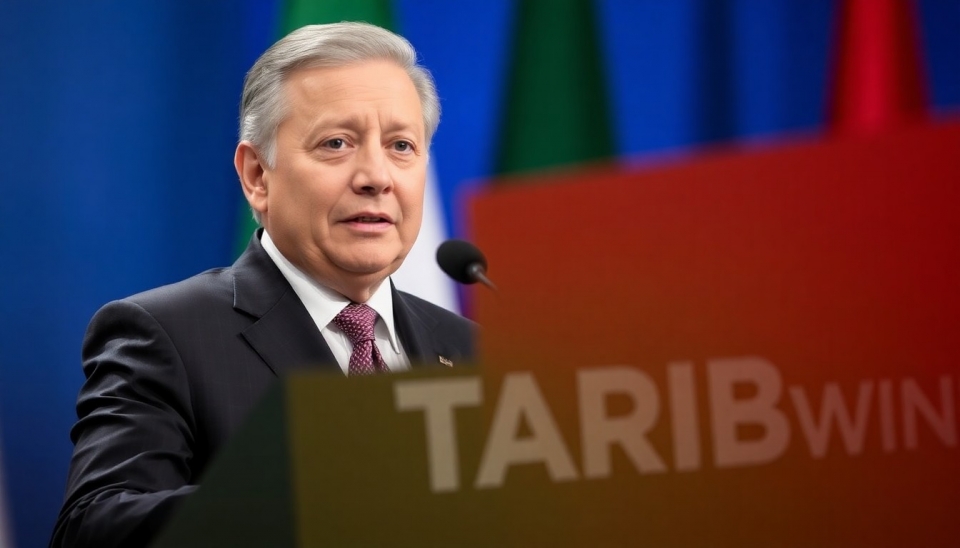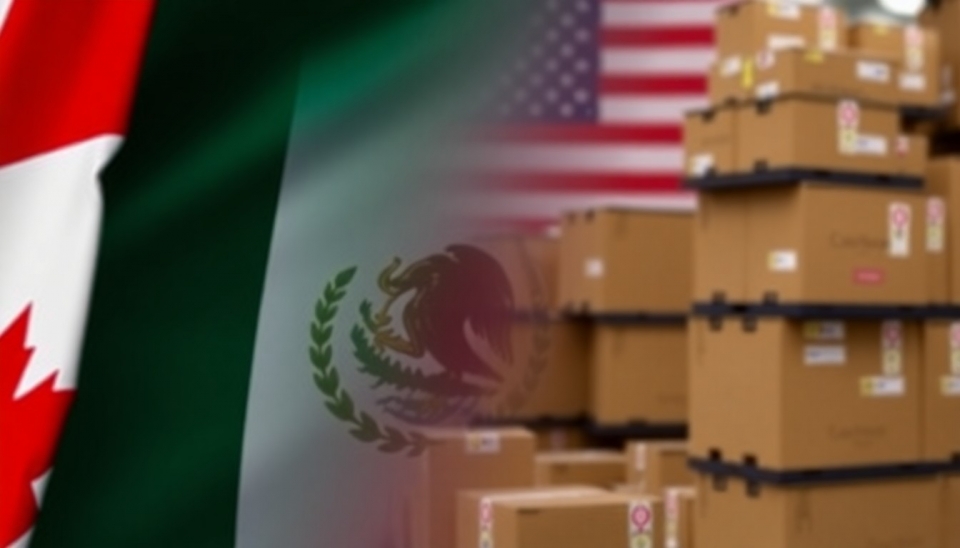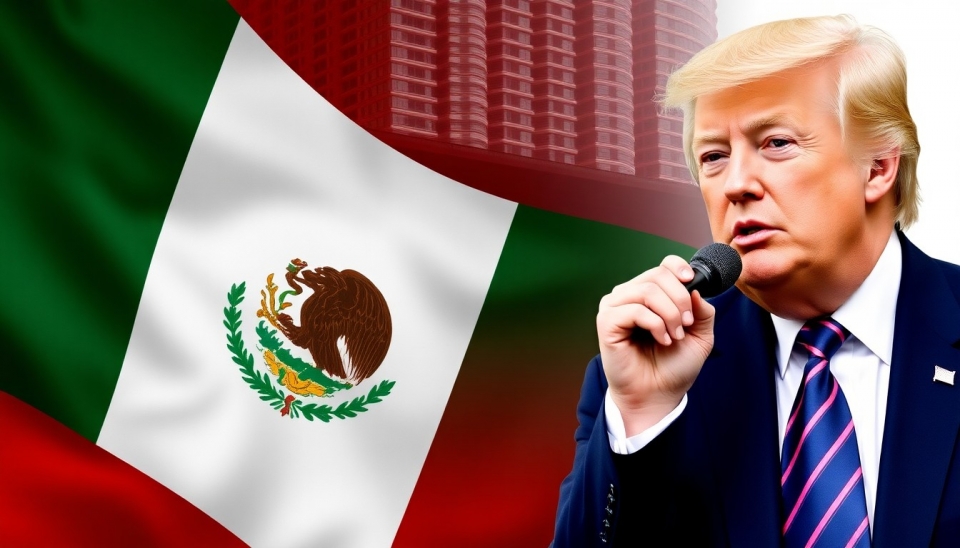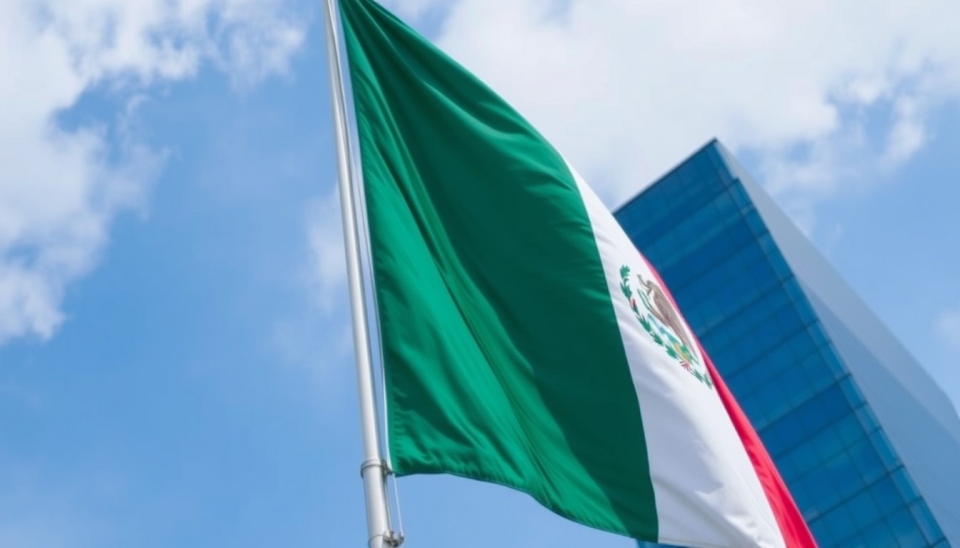Mexico's Economy Slows More Than Expected: Impact of Rising Interest Rates

Mexico's economy is showing signs of slowing down, experiencing a more pronounced decline than anticipated. According to the latest data published on Wednesday, Latin America's second-largest economy grew by just 2% year-on-year for the second quarter, falling short of initial forecasts. This slowdown is largely attributed to the rise in interest rates implemented by the central bank, which is putting pressure on credit borrowing and consumer spending.
This slowdown is partly due to high interest rates, which reached 11.25% this year, as a result of global inflation and economic instability. This has significantly raised the cost of living for many citizens, naturally reducing levels of consumption and investment.
Additionally, employment data has demonstrated weaker results than expected. While the unemployment rate in Mexico remains relatively low, employers are increasingly reporting difficulties in retaining and attracting talent, which could indicate potential changes in the labor market.
Due to these economic factors, various analysts have begun to revise their growth forecasts, leading to increased scrutiny of potential actions by the central bank in the future. Although experts continue to point to strong export markets, the main concerns are domestic consumer spending and the ability to expand the local economy under current conditions.
In conclusion, the slowdown in Mexico's economy is affecting several key sectors and raising concerns among investors hoping for long-term economic growth. Given current economic realities, there is a likelihood that Mexico could face a prolonged period of uncertainty before conditions begin to improve.




